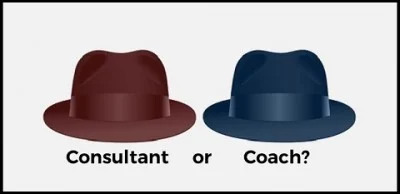How to Be an Effective Consultant While Working Remotely
/As independent consultants, we’ve all probably worked remotely to some extent but as the COVID-19 pandemic continues, it appears that working virtually will be part of the “new normal.” Companies are figuring out their “work from anywhere” and/or hybrid models as the pandemic drags on and the “great resignation” threatens to lure employees away.
To complicate things further for consultants, clients may misperceive “checking in” as a waste of time and/or something they don’t want to pay for. Or worse, they may still have the mindset that if they can’t see the consultant doing the work, they might think they’re overpaying…
Read More






